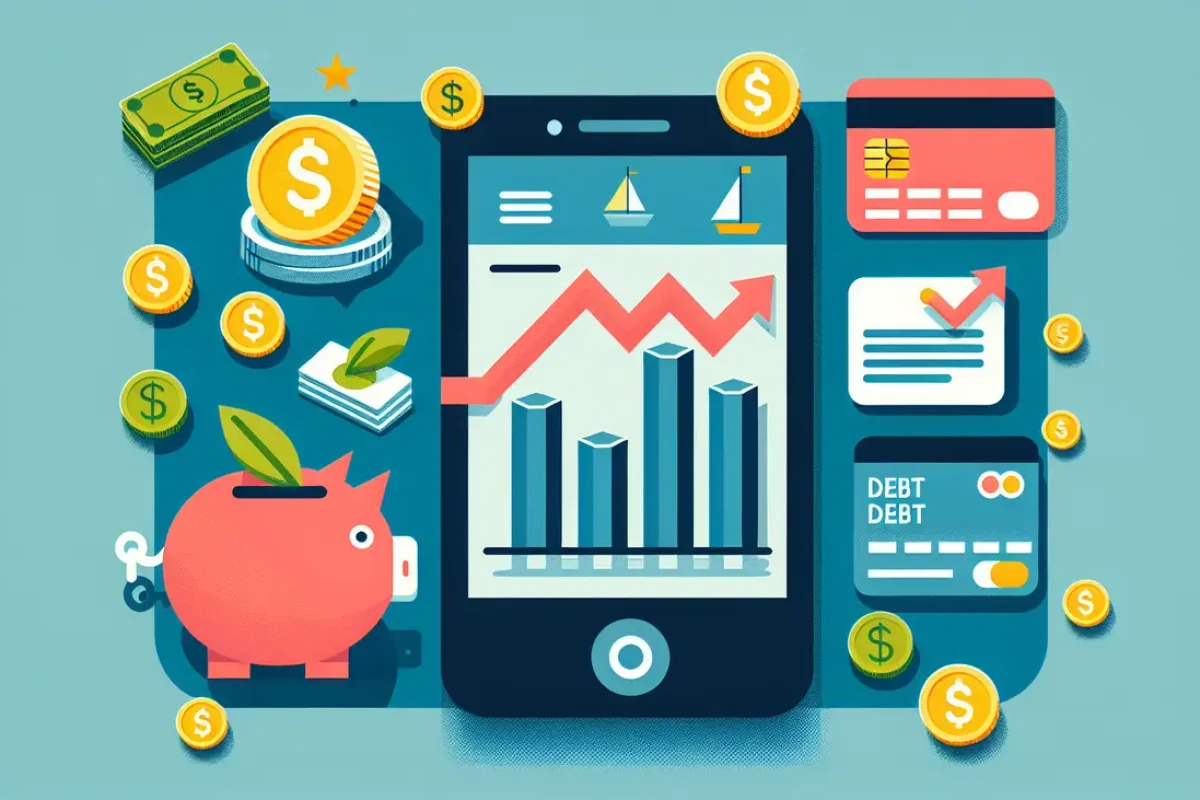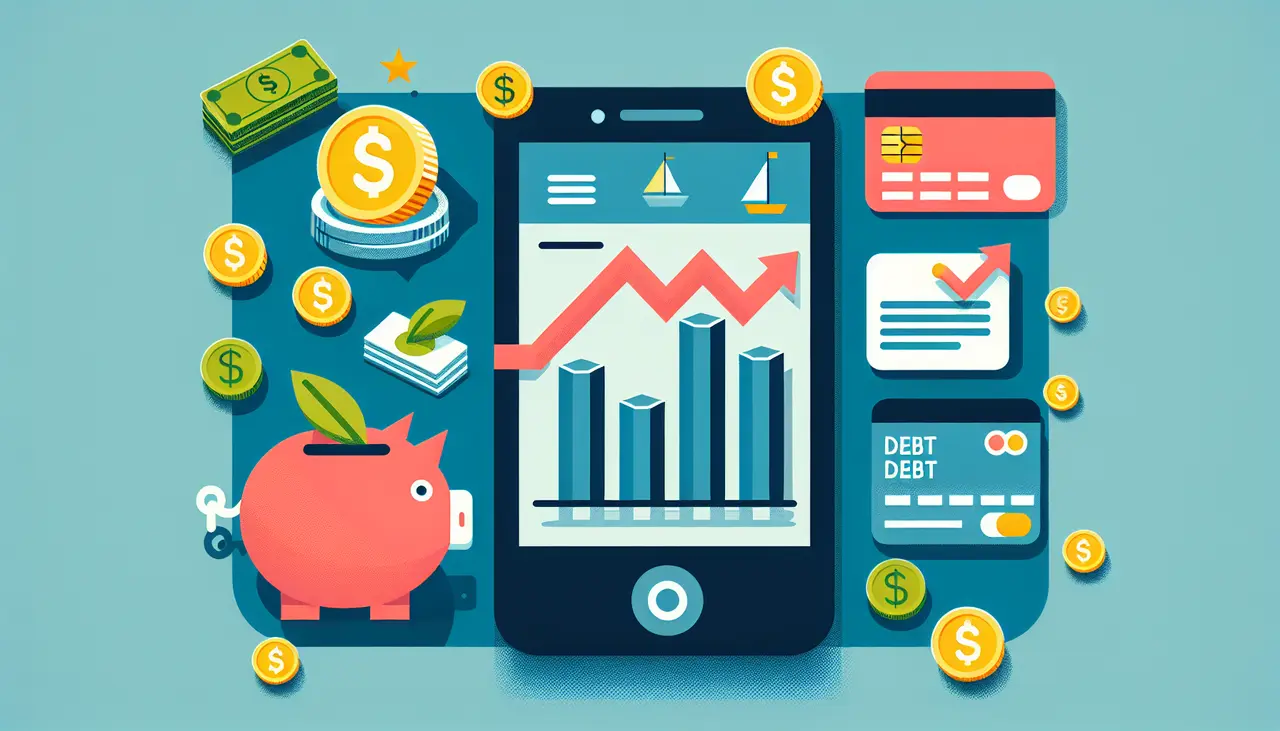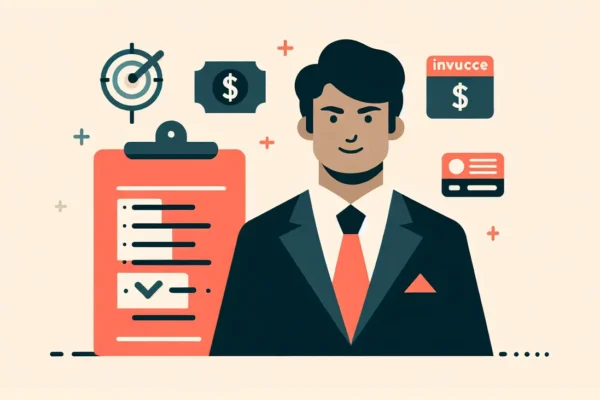In recent years, technological advancements have paved the way for a significant transformation in the financial sector. One of the areas where technology has made a big impact is in debt recovery. This blog delves into the role that fintech plays in streamlining debt recovery processes, making them more efficient and effective.
Understanding Fintech in Debt Recovery
Fintech, a blend of finance and technology, revolutionizes the way financial services are provided. In the realm of debt recovery, fintech encompasses a range of technologies aimed at improving and automating the recovery process.
By introducing sophisticated algorithms and data analysis, fintech solutions offer a more strategic approach to recover debts. This means creditors can focus on more significant issues rather than getting bogged down by routine administrative tasks. With fintech tools, they gain insights into debtor behaviors, making the entire recovery process more proactive.
These solutions aren’t just about ensuring that debts are recovered more efficiently, but also about humanizing the process. Customer experiences improve when companies utilize fintech-oriented solutions, directly influencing their satisfaction and enhancing future interactions.
The Advantages of Fintech in Debt Collection
Fintech solutions provide numerous benefits in debt recovery, including improved efficiency, better communication, and a more personalized approach to debt collection that can enhance relationships with debtors.
Automation is one of the key advantages, as it reduces time and resources spent on manual tasks. With automated reminders and smart notifications, debtors are more likely to stay on track with repayments, reducing delinquencies and improving cash flow for creditors.
Another remarkable advantage is the seamless integration of various financial tools, offering a holistic approach to managing finances. This not only assists in recovery processes but also helps debtors understand their financial situations better, fostering a more cooperative environment.
How Technology Enhances Debt Recovery Methods
Technology such as artificial intelligence, machine learning, and data analytics play significant roles in identifying patterns, predicting outcomes, and automating routine tasks in debt recovery processes.
AI-driven chatbots can engage with debtors through various channels, providing tailored payment solutions and assisting with queries instantly. This immediate interaction helps in maintaining a continuous communication flow without missing a beat.
The use of big data analytics allows companies to predict consumer behavior with remarkable accuracy. By understanding which borrowers are at risk, companies can intervene early, offering them alternative solutions to avoid defaulting before it’s too late.
Successful Examples of Fintech in Debt Recovery
There are several fintech companies that have successfully integrated technology into debt recovery processes, leading to higher recovery rates and better overall outcomes for creditors and debtors alike.
One such company is a leading fintech firm that leverages AI and machine learning to optimize debt collection. Through its platform, it has achieved considerable success by customizing engagements, thus, maintaining relationships while recovering outstanding debts efficiently.
These companies highlight how technology can pave the way for an empathetic as well as effective debt recovery process, driving positive outcomes for both creditors and debtors.
Future Trends in Fintech and Debt Management
Looking ahead, fintech is expected to continue evolving with innovations like blockchain, open banking, and more sophisticated AI, which will further refine debt recovery processes.
Open banking could redefine the landscape of debt recovery by enhancing transparency and allowing creditors to access more accurate financial data. This would inevitably lead to better risk assessments and more tailored repayment plans for debtors.
The adoption of blockchain technology promises to bring unparalleled security and integrity to debt transactions. By ensuring that records are tamper-proof and easily accessible, trust is fostered among all involved parties, leading to smoother operations.
The Future of Debt Recovery: Embracing Fintech
In conclusion, fintech is playing a crucial role in transforming debt recovery. By making use of advanced technology, automation, and personalized communication, fintech companies are making debt recovery faster, easier, and more customer-friendly. As technology continues to evolve, we can expect even more innovations in this space, further enhancing the way debts are recovered and managed.







